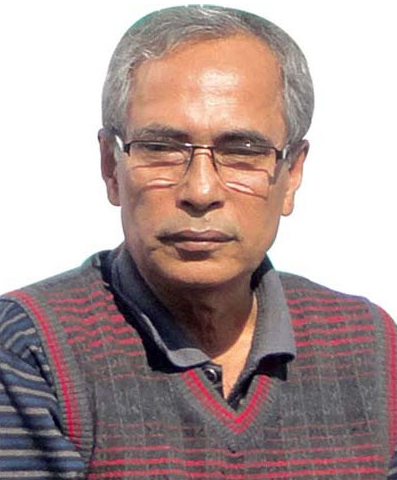March 16, 2023
By: information
Category: RTI Column
The Daily Star, Tuesday Mar 14, 2023
Shamsul Bari and Ruhi Naz
In recent years, our neighbour Sri Lanka has weathered difficult times – economically, politically, and socially – but its right to information (RTI) regime survived and even thrived. We have cited critical RTI decisions from the country in these columns in the past. We are pleased to now update this with a story of exemplary value. This case shows the vast potential of RTI law to promote transparency in an important branch of democracy – the parliament.
RTI requests that are initially denied by the authorities concerned usually get resolved through the intervention of the Information Commission or a similar dispute-resolving body. However, if a party feels aggrieved by a decision of the Information Commission, it may appeal to a higher court for a ruling on the contested issues. In our story, a decision of the Right to Information Commission of Sri Lanka was challenged at the Court of Appeal, which delivered its judgment just a few weeks ago on February 28.Read More
No Comments →
February 27, 2023
By: information
Category: RTI Column
The Daily Star, Wednesday February 15, 2023
Shamsul Bari and Ruhi Naz
The first case was brought to our attention by RTI activists promoting the law at the grassroots level in Bangladesh.
One of the reasons we write this column is to show our readers how people here and abroad make use of Right to Information (RTI) legislation. Today, we look at two examples each from Sri Lanka and Bangladesh. All four demonstrate the vast range of ways in which RTI can push for government transparency and accountability. The Sri Lankan examples show the use of the law at the state level, while the Bangladeshi examples show its use at the lowest level of administration.
A group of RTI activists in Sri Lanka asked the highest-level police authorities for information on detainees on remand under the Prevention of Terrorism Act. The activists wanted to know how many detainees were held, the condition of their mental and physical health, and how many were released without any charges. This application for information was refused. In October 2022, the Sri Lankan Information Commission directed the police to provide the information. Read More
No Comments →
January 24, 2023
By: information
Category: RTI Column
Ruhi Naz, Shamsul Bari, January 14, 2023
“Why do you people work on promoting RTI (Right to Information) when there are so many important tasks to do, like working with health issues, water and sanitation programmes, and so on? RTI is a high-thought activity to be undertaken by intellectuals. What would a marginalised person do by knowing this law?”
These angry questions were directed to an RTI worker by the deputy commissioner of a northern district of Bangladesh.
Another senior official once asked an RTI applicant: “What are you going to do with the information? Why do you want it? Who motivated you to show such a daring attitude? You are going to be in deep trouble if you keep seeking information from government officers.” Read More…
No Comments →
December 19, 2022
By: information
Category: RTI Column
The Daily Star, Thursday December 15, 2022
Shamsul Bari and Ruhi Naz
The global surge in the adoption of right to information (RTI) or freedom of information (FOI) laws since the fall of the Soviet Union and the breakup of Eastern Europe three decades ago appears to have died down. Once regarded as the democratic “rite of passage” for nations, the law’s use is in fast decline, and the main reason for that is the growing autocratisation of governance. The promise of the law – increased transparency in governance through independent access to government-held information, exposing corruption and maladministration and encouraging citizens to participate more fully in the political process – has failed to live up to expectations. Citizens increasingly fear that their RTI interventions in probing questionable government actions may land them in trouble. Read More..
No Comments →

